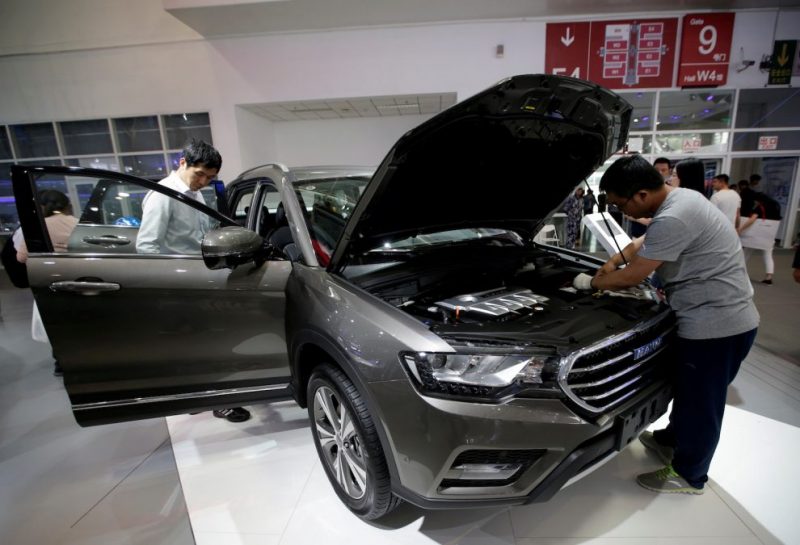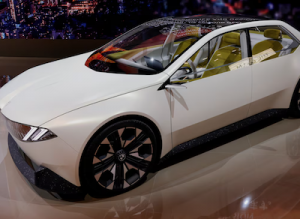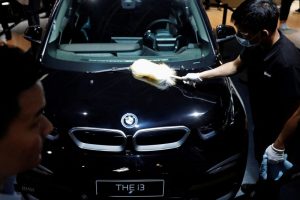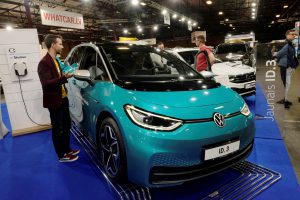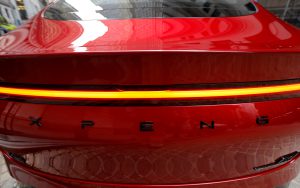(ATF) China’s Great Wall Motor plans to launch a new electric vehicle (EV) and smart car brand, sources told Reuters, as manufacturers in the world’s biggest car market pursue growth in the alternative new energy segments.
Inspired by the market success of US-based Tesla and Chinese brands Nio, Li Auto and Xpeng, several Chinese carmakers have announced plans for new electric marques, mostly to offer more expensive products than their mass-market lines.
Great Wall Motor has performed particularly strongly this year, say analysts, announcing a sales total of 145,000 units in November, representing year-on-year growth of 26%, accelerating from 18% year-on-year growth in October.
“We expect strong volume growth in the second half of 2020, led by its new product launches,” said Kelvin Lau, an automotive analyst at Daiwa Capital Markets in Hong Kong.
Reuters said the range would include sport utility vehicles and sedans, which will be battery electric vehicles or extended range electric vehicles that allow drivers to charge their cars with electricity or petrol.
Great Wall, based in Baoding, Hebei province, currently has a low-cost electric brand, Ora, sales of which grew 22% in November. The company has also seen success with its Haval range of petrol-engined SUVs, sales of which also accelerated 22% in November, selling 102,000 units.
Building partnerships
The company is also building an EV factory with BMW in China, which it broke ground on last November. The factory, which will cost, ?650 million, is scheduled for competition in 2022 and have the capacity to manufacture about 160,000 petrol-powered vehicles and EVs annually, some of which will be exported. BMW is expected to produce battery-powered Mini cars at the new plant.
The partnership is the latest of several between Chinese and international automakers focusing on EV production in response to rapid growth in China’s new energy vehicle (NEV) market, a category that includes both hybrids and fully electric models. The Chinese government is pushing for 20% of Chinese car sales to be NEVs, mostly all-electric, by 2025.
In 2016 Great Wall launched its WEY marque comprising more upscale models, although it has struggled. “There is weakness in the WEY brand growth,” said Liu. “Sales dropped by 13% year-on-year in November to 9,100 units, after a 12% decline in October.”
Rival Chinese manufacturers such as SAIC Motor, Changan Automobile and GAC are also seeking to move up the value chain through NEVs




